Prolonged cough or chronic cough is defined as a persistent cough of more than 3 weeks duration. It is a common symptom in childhood. 10% of preschool and early school aged children have chronic cough without wheeze at some time in their lives.
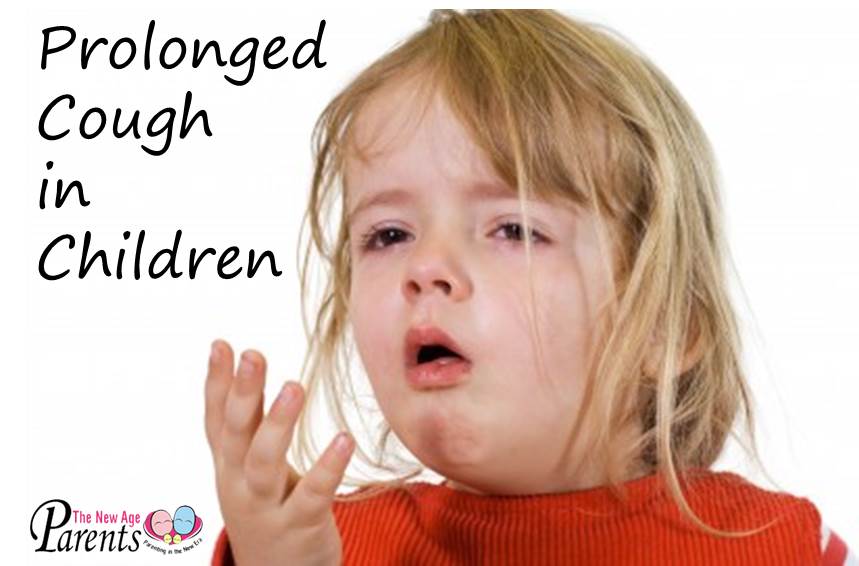
Chronic Cough Syndromes
The 2 most common causes of chronic cough in children are cough variant asthma and post nasal drip.
Cough Variant Asthma
Children with cough-variant asthma have isolated cough without wheeze that responds to anti-asthma treatment.
Features suggestive of cough-variant asthma include:
- Presence of cough between episodes of upper respiratory tract infections (colds/flus) associated with known asthma triggers
- Cough that is typically worse in the early hours of the morning when the child is asleep
- Cough that occurs after playing or exercising
- Family history of allergy
- No evidence of alternative diagnosis
Allergic Rhinitis (Allergic Nose) and Postnasal Drip Syndrome
Allergic rhinitis (Allergic Nose) and postnasal drip syndrome (PNDS) is one of the most common causes of chronic cough.
Helpful findings suggesting PNDS include:
- nasal congestion or discharge
- the sensation of “something dripping into the throat”
- frequent throat clearing in the presence of a wet chronic cough
- cough that is worse at nap times or at night
- cough that typically begins soon after the child assumes the recumbent position family history of allergy
Respiratory infections
Viral colds/coughs may occur “back to back” and give the impression of a chronic persistent cough. A detailed history may however show short intervals between infections where the child is well. Children may have up to 10 upper respiratory tract infections in a year and such “back to back” viral infections are most problematic in young children attending childcare or nursery.
Some lower respiratory tract infections may also cause prolong cough, including mycoplasma, respiratory syncytial virus, pertussis, chlamydial and tuberculosis infections.
Gastroesophageal reflux disease
Gastroesophgeal reflux (GER) is a functional or physiologic process in a healthy baby with no underlying systemic abnormalities. GER is a common condition involving regurgitation, or “spitting up,” which is the passive return of gastric contents into the esophagus. The prevalence of GER peaks between one to four months of age, and usually resolves by six to 12 months of age. In contrast, gastroesophageal reflux disease (GERD) is an abnormal process in babies manifested by poor weight gain and persistent respiratory symptoms. GERD is a cause of chronic respiratory symptoms including cough and wheeze, particularly in young babies.
Helpful findings suggesting GERD include:
- Regurgitation with poor weight gain
- Fussiness, discomfort and crying with feedings
- Stridor or wheezing
- Recurrent pneumonia
- Neck tilting or arching in infants
The presence of regurgitation of feeds is suggestive but its absence does not exclude the diagnosis.
Other Causes
Rare but important causes of chronic cough in children include foreign objects in the airway, inborn lung abnormalities and tumours.
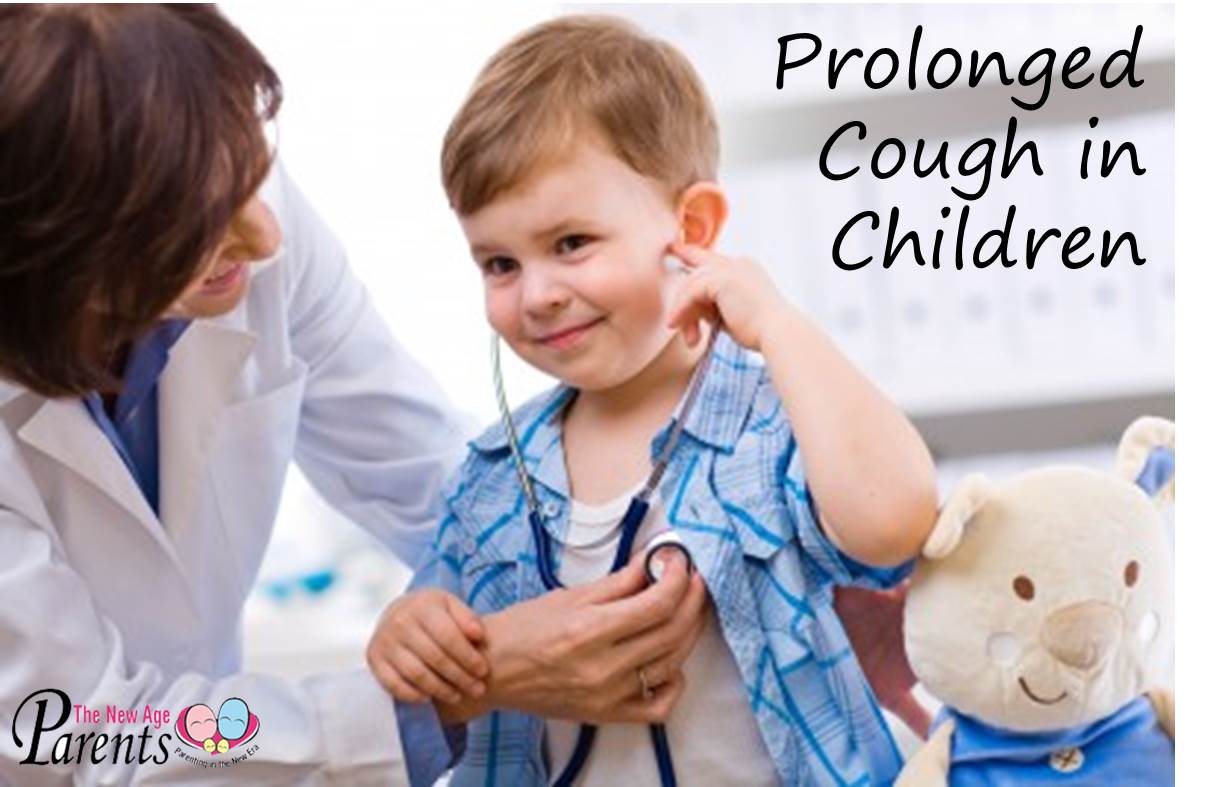
Diagnostic Approach
The history should establish the severity and time course of the cough. Special features including day-night variability, fever, runny nose, relation with meals, habitual vomiting, production of sputum, risk of contact with tuberculosis, parental smoking, possible allergies, and vaccination status, should be sought. Relevant physical signs include ear, nose and throat infections, chest deformities, abnormal chest sounds, evidence of allergic diseases including eczema, low weight for height and, sometimes, a low height for age.
Children with chronic cough may require a chest x-ray if none have been previously performed.
Lung function tests are helpful in supporting the clinical diagnosis of cough-variant asthma.
Allergy tests such as skin allergy tests are of importance in determining whether the patient has allergic asthma and/or rhinitis and for identifying specific allergens for which avoidance measures can be helpful.
Proper understanding and interpretation of these tests are very important to avoid unnecessary over-diagnosis and misinformation to the child and parents.
Treatment
The treatment of chronic cough in children should always be preceded by a systematic effort to exclude serious underlying illness and establish the cause of the cough.
Exposure to cigarette smoke should be removed whenever possible. Cough suppressants should be used with caution in children as they may mask underlying lung diseases and delay treatment. In addition, cough suppressants may have unwanted side effects such as drowsiness and may also suppress normal breathing in babies and young children.
The treatment of cough variant asthma includes daily low dose inhaled corticosteroids and as needed bronchodilators to open the airways. Inhaled medicines with a spacer device are preferred over oral medicines as they are associated with fewer side effects.
The treatment of allergic rhinitis with post nasal drip includes nasal sprays and oral antihistamines.
Parents should be instructed on measures to reduce contact with environmental allergens and irritants.
Dr Chng Seo Yi
Paediatrician
Special Interest in Asthma, Lung, Sleep and Allergy
Dr Chng graduated from the National University of Singapore with a Bachelor of Medicine and Bachelor of Surgery in 1998. Her post-graduate qualifications include a Master of Medicine (Paediatrics), Singapore, and a Membership of the Royal College of Paediatrics and Child Health,United Kingdom.
For more information, visit SBCC Baby & Child Clinic
If you find this article useful, do click Like and Share at the bottom of the post, thank you.
Like what you see here? Get parenting tips and stories straight to your inbox! Join our mailing list here








































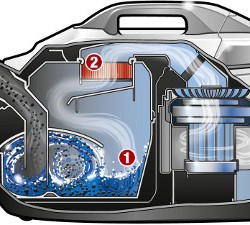
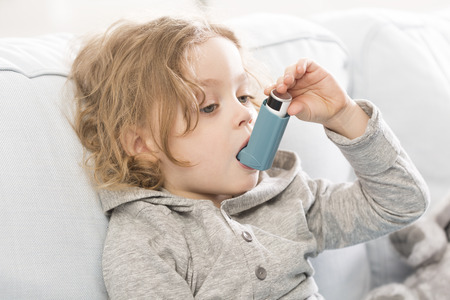
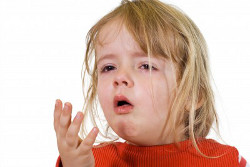


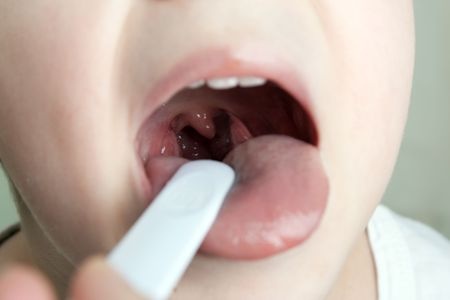


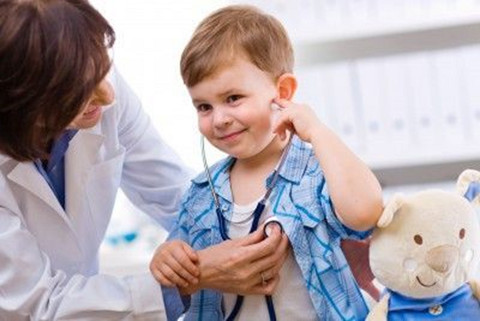
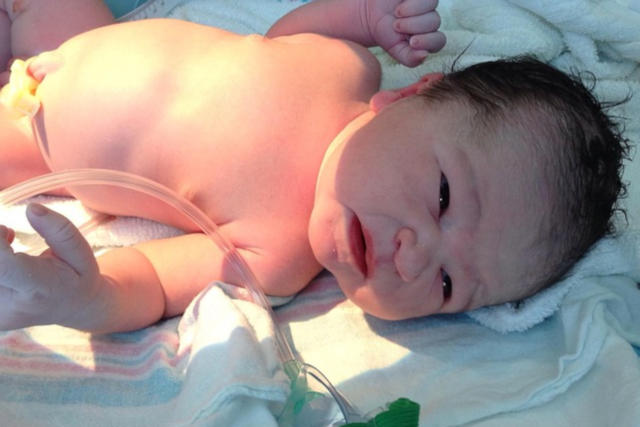









Leave a Comment: